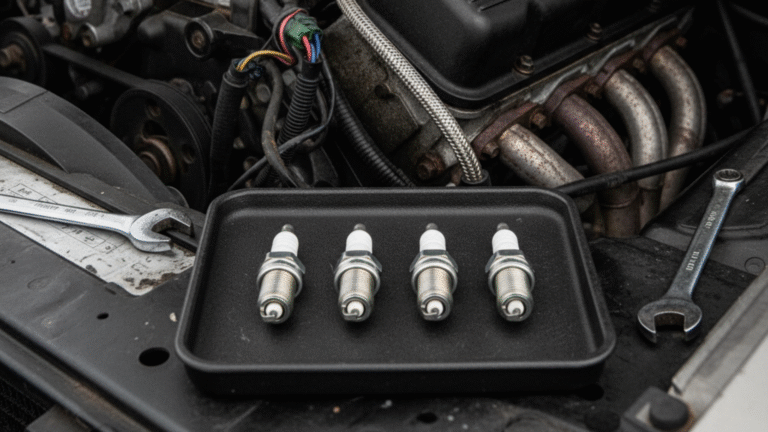
(istock/Userba011d64_201)
You’ve probably seen VPNs boasting “military-grade encryption” and thought, Wow, my data must be untouchable. But here’s the interesting part: not all “military-grade” claims are created equal. In my experience, the term is more marketing than magic. That said, understanding what it really means can save you from false security and help you pick a VPN that actually keeps your data safe — without the hype.
What “Military-Grade Encryption” Actually Means
When VPN providers say “military-grade encryption,” they usually refer to AES (Advanced Encryption Standard) 256-bit encryption — the same algorithm recommended by the NSA for classified information (CNSA Suite, May 2025). AES-256 is incredibly strong; brute-forcing it with current technology is virtually impossible.
That said, the “military” label doesn’t mean the military specifically uses your VPN or that your data is instantly untouchable. It’s mostly a way to signal strong encryption to consumers.
AES-128 vs AES-256 — Does More Really Mean Better?
AES comes in different key sizes: 128-bit, 192-bit, and 256-bit. In theory, 256-bit is exponentially stronger, but in practice, AES-128 is already extremely secure for everyday use.
In my experience, using AES-256 can slightly slow down your VPN, especially on older devices. On the flip side, if you’re transferring extremely sensitive info or just love the peace of mind, AES-256 is the way to go.
Beyond the Encryption — What Truly Matters

(istock/gorodenkoff)
Encryption is crucial, but a VPN’s protocols, no-logs policies, and server locations also determine real security. For example, a VPN with AES-256 but poor logging practices might still leave your identity traceable.
I tested two popular VPNs claiming “military-grade encryption.” One used AES-256 with a strict no-logs policy and performed flawlessly, while the other, despite the same AES label, had weak DNS leak protection, which could expose browsing data. The lesson? Don’t trust buzzwords alone.
Key Takeaways
- Military-grade encryption” usually just means AES-256.
- AES-128 is still secure enough for most users.
- Protocols and privacy policies matter just as much as encryption.
- Marketing claims can be misleading; always research your VPN.
Now that you know the truth, you can navigate VPN marketing with confidence. AES-256 is strong, but the “military-grade” label isn’t a guarantee of perfect security. That said, choosing a reputable provider with solid privacy policies makes a bigger difference than the label itself.
Subscribe to our newsletter for more real-world VPN tips and security insights.
FAQs
1. What does military-grade encryption in VPNs mean for your security?
It refers to AES-256 encryption, which is extremely secure, but “military-grade” is mostly marketing. Real security also depends on protocols and privacy practices.
2. Is AES-256 better than AES-128 in a VPN?
AES-256 is theoretically stronger, but AES-128 is already very secure for most everyday use.
3. Can “military-grade encryption” make a VPN completely secure?
No. Encryption is just one piece of the puzzle. VPN protocols, server security, and logging policies also matter.
4. How can I tell if a VPN truly protects my data?
Check for independent audits, a strict no-logs policy, and robust leak protection — not just marketing claims.
5. Do all militaries use AES-256?
Not necessarily. Different agencies may use AES variants or other encryption standards. The term “military-grade” in VPNs is mostly for consumer assurance.


